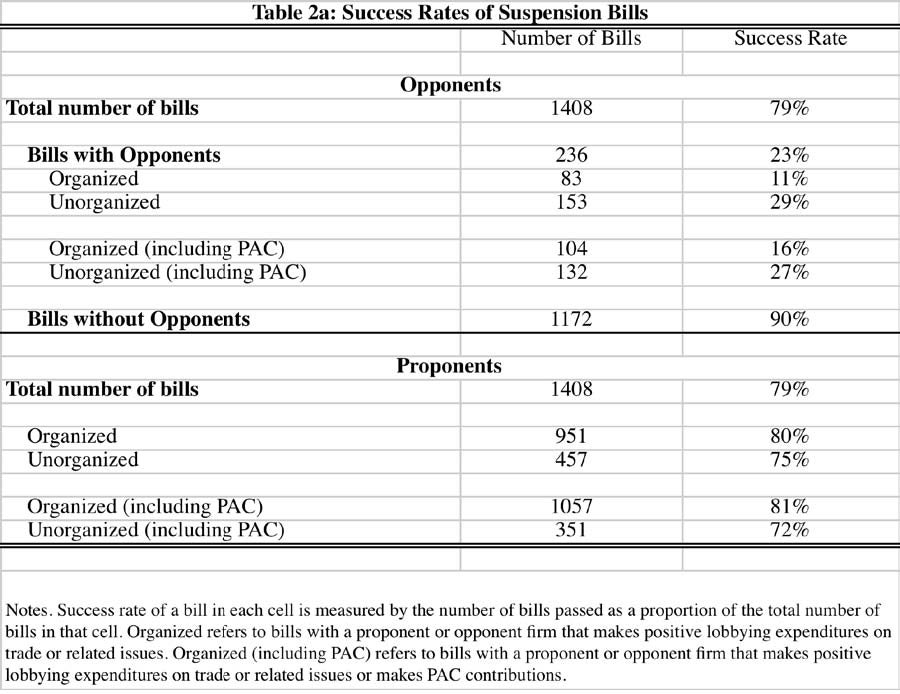Spring/Summer 2011
Ludema, Mayda, and Mishra show that when firms talk, governments listen.
How do firms obtain favors from the government? The usual answer is, by spending money, though debate rages in the literature about what kind of spending, lobbying expenditures or campaign contributions, is more important. GCER faculty fellows Rodney Ludema and Anna Maria Mayda, along with IMF economist, Prachi Mishra, challenge this spending-centered view in their recent paper, “Protection for Free? The Political Economy of U.S. Tariff Suspensions.” They study the political influence of individual firms on Congressional decisions to suspend tariffs on U.S. imports of intermediate goods.
Ludema, Mayda, and Mishra develop a model in which firms influence the government by transmitting information about the value of protection, using verbal messages and political spending. They estimate this model using firm-level data on tariff suspension bills and political spending from 1999-2006 and find that indeed verbal opposition by import-competing firms, even without spending, significantly reduces the probability of a suspension being granted. They further find that spending by proponent and opponent firms sway this probability in opposite directions. The effect of verbal opposition is substantially larger than that of both opponent and proponent spending. This is explained by a combination of two factors: verbal opposition conveys more information than opponent spending does, and the government values the harm to opponents more than the gain to proponents.
The table below is taken from the paper and shows how the success rates of bills depend on the actions of the firms. The overall success rate is of suspension bills is 79%. If the proponent of the bill is an “organized” firm (defined as one that makes positive lobbying expenditures), the success rate is 80%, whereas if it is unorganized, it is only 75%. If the definition of organization is expanded to include positive PAC contributions in addition to lobbying, the success rates are 81% and 72%, respectively. If a bill is unopposed the success rate is 90% on average. The success rate drops to a mere 29% if the bill is opposed by an unorganized domestic firm (27% under the PAC definition) and only 11% if the opponent is organized (16% with PAC). Thus, while the presence of a political organization effect is in line with expectations, this effect appears to be much smaller than the effect of verbal opposition.

